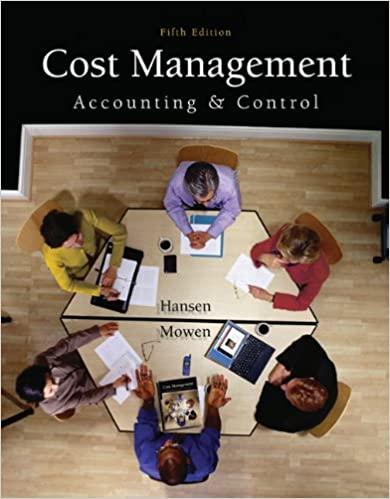Question
Susan is a United States citizen. On January 1 of Year 1, Susan, who annually is in the 24% tax bracket, pays $500 for one
-
Susan is a United States citizen. On January 1 of Year 1, Susan, who annually is in the 24% tax bracket, pays $500 for one of the 100 outstanding shares in Taiwan Equities ("TE"), a Taiwan corporation that invests in Asian entities not incorporated in Taiwan. Assume that the appropriate rate of interest on any amounts due is simple interest computed at 10% annually.
-
In Year 1, TE earns $100,000. When preparing her return for Year 1, Susan files a Form 8621 that elects Qualified Electing Fund ("QEF") status. What are the U.S. tax implications to Susan?
-
Assume that in the following year, which is Year 2, TE again earns $100,000. On December 31 of Year 2, TE distributes $2,000 to Susan. What are the U.S. tax implications to Susan?
-
Continue to assume that TE earns $100,000 in Year 1 and $100,000 in Year 2, but that Susan never makes a QEF election. Moreover, on December 31 of Year 2, without having received a dividend, Susan sells her TE share for $2,500. What are the United States tax implications to Susan?
-
Step by Step Solution
There are 3 Steps involved in it
Step: 1

Get Instant Access to Expert-Tailored Solutions
See step-by-step solutions with expert insights and AI powered tools for academic success
Step: 2

Step: 3

Ace Your Homework with AI
Get the answers you need in no time with our AI-driven, step-by-step assistance
Get Started


